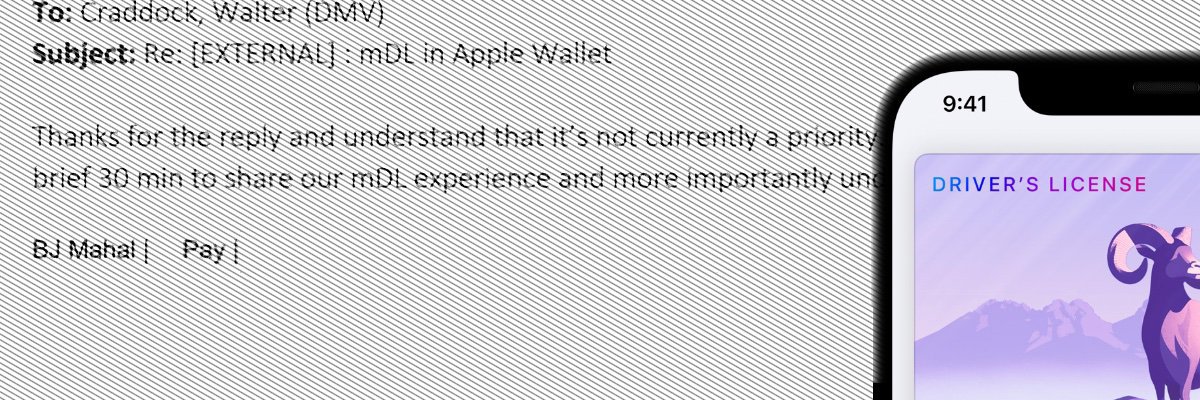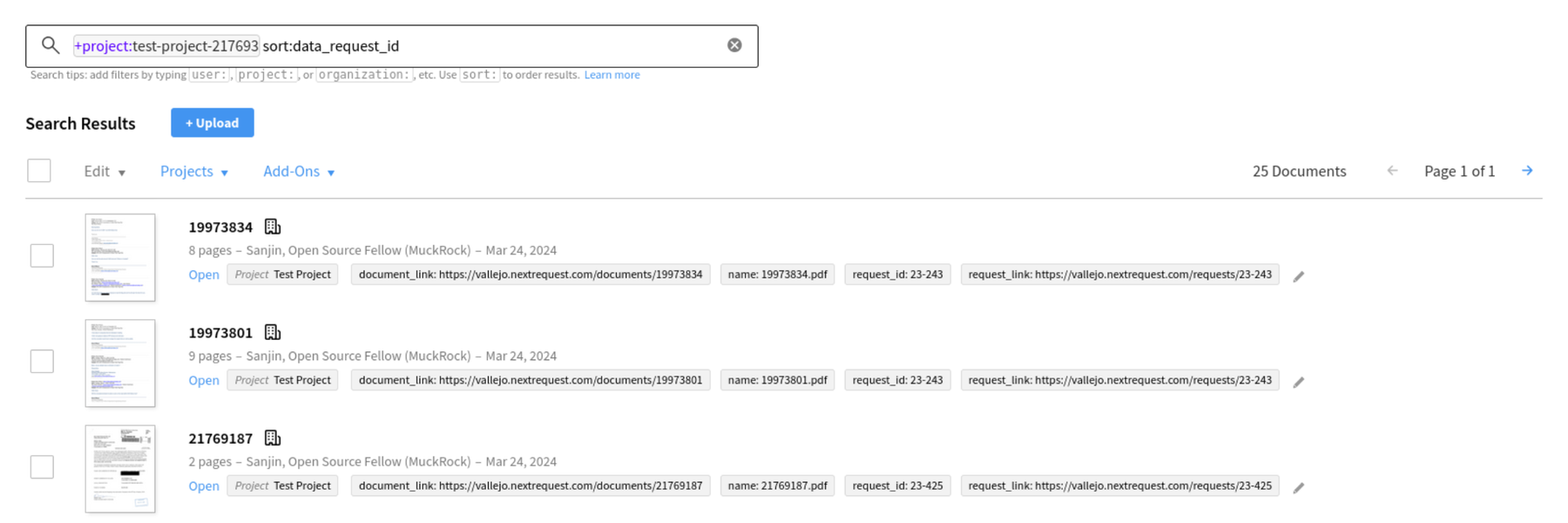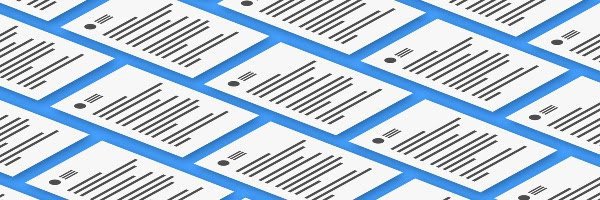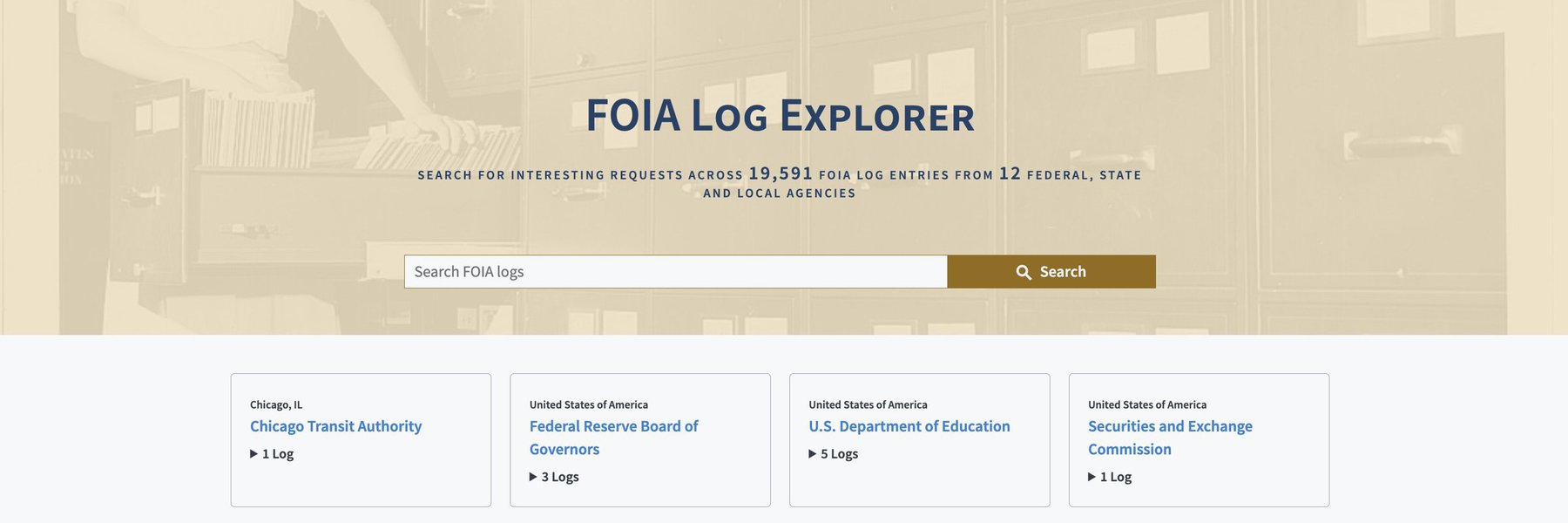In June, Apple announced it will add state IDs, such as driver’s licenses, to its Wallet app, rolling out in participating states and at TSA checkpoints this fall. But public records tell the behind-the-scenes story about Apple’s interactions with government agencies when building out the idea, including how a select few jurisdictions were given a heads up as early as 2019, with many others finding out after the public.
A series of records responses to MuckRock user and civic technologist Matt Zagaja — including Apple’s requests for Memorandums of Understanding, Non-Disclosure Agreements, and an apparently chilly reception from agencies — raises questions about how much power companies wield in shaping public policy and how equitably and securely new advances are rolled out to the public.
As a software developer and Code for Boston organizer who has worked in public technology, Zagaja had some basic questions about the ID update.
“How did it happen? Why had I or no one ever heard of it, given I know a lot of folks in the government tech space?” he said. “And where is it happening? Because Apple announced that it was going to occur, but did not say where, when or who.”
So he filed public records requests with motor vehicle departments in 24 states to learn more. The requests were written broadly enough to capture the various elements of projects or meetings related to the Apple program:
Documents including emails, vendor solicitations, requests for proposals, and project proposals related to Apple Wallet ID card program, which is referenced publicly on their website here: https://www.apple.com/ios/ios-15-preview/ While the program is publicly announced, they have not shared participating states and I’m interested in any responsive documents whether or not the state has decided to participate in the program.
Even the states’ early responses illustrated the nuances of how each jurisdiction is structured and how the departments operate differently, a concern of Zagaja’s as far as how a digital ID could be implemented across each state. “They’re collaborating with the TSA in order to allow it to be valid for airline travel. So they’re obviously collaborating federally, but on the state level, there’s 50 different states, and they do things in 50 different ways,” he said.
Responsive records from some states were brief - they only included the initial email pitch from Apple - dated June 7, 2021, the same day as the announcement - and some internal communication about whether the agency should discuss the partnership further.
North Carolina and Oregon stated they had no responsive files because there was no involvement with the program.
The records from California and Illinois showed those states involved in meetings with Apple as early as 2019 to discuss the program and use cases, but no information about whether they had joined.
Some states already use digital ID cards via other platforms. Zagaja said this situation is different, because it’s Apple that’s rallying the public demand and approaching the jurisdictions with its own program.
“The question really starts to become, is this happening in a way that’s fair?” he said. “You have Apple and their standard, but it’s just one standard and it’s one phone, so it doesn’t work on Android. So is the government going to do it for Android? Is the government going to do it for other companies that might come out with their own phones and operating systems? And if not, is that some kind of favoritism? And more importantly, when we’re doing this are we thinking about privacy? Are we thinking about security? What kind of diligence is occurring, and what standards are being followed?”
With the rollout still in progress — coming “this fall” — and no clear answer yet as far as how many states are even participating, there are more requests at the state and federal levels that can be made. Curious what your state’s policy is and yours wasn’t one of the 24 Zagaja filed in? Click “Clone” on a request page and file a fresh request, or subscribe to the MuckRock newsletter to get more updates as interesting documents come back.
Header image courtesy of Apple and Division of Motor Vehicles of Rhode Island.




